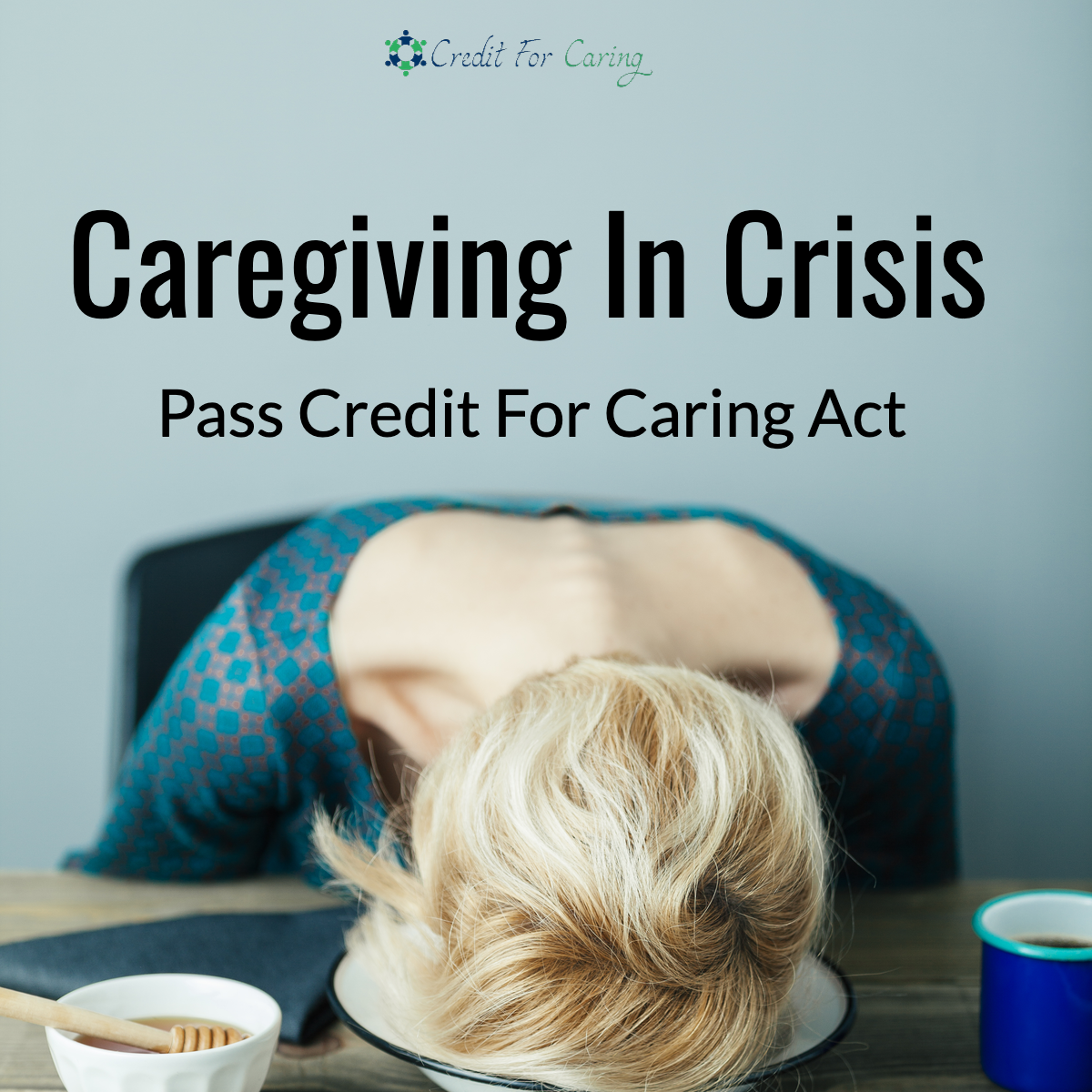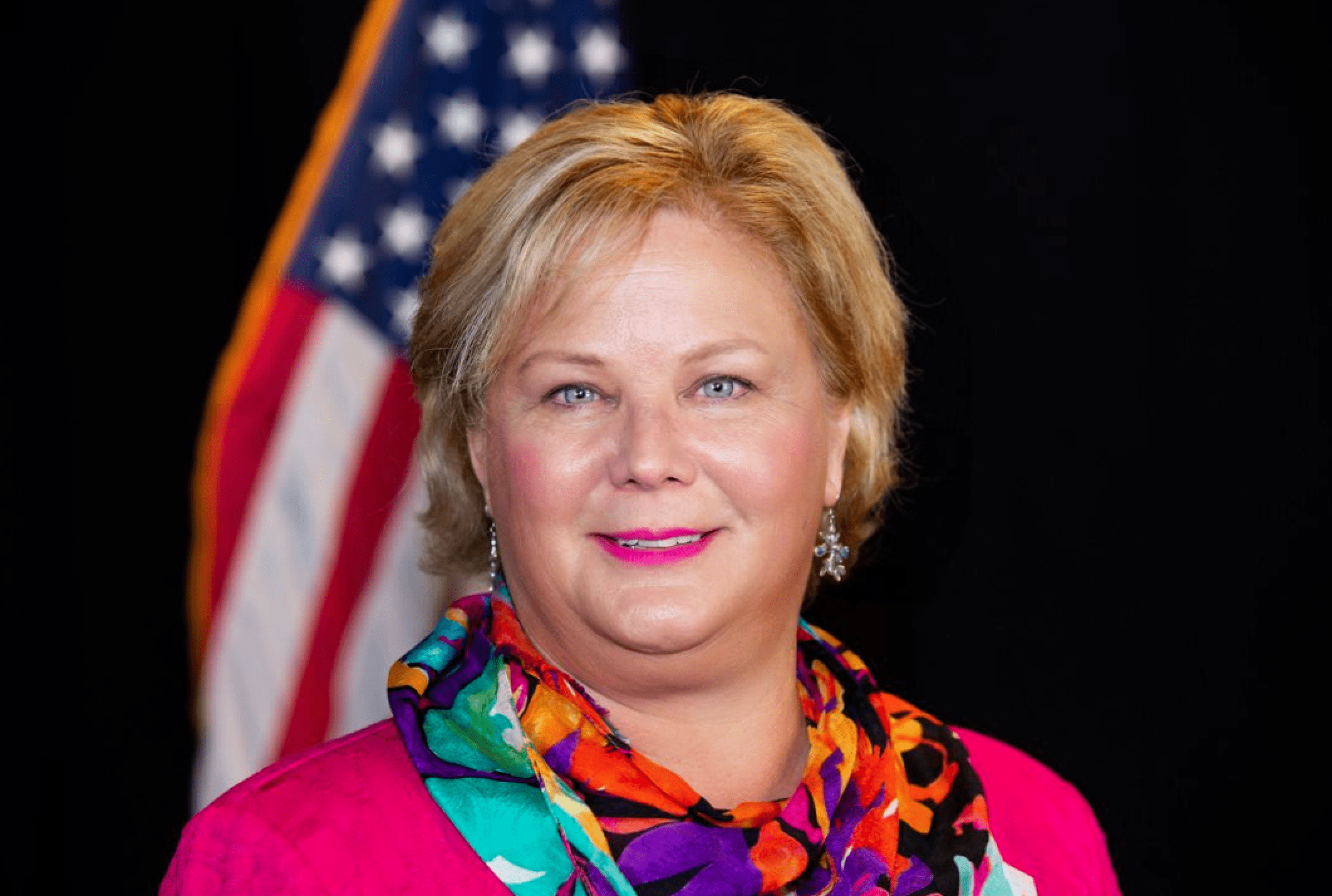National Family Caregiving Month
We celebrate the heroic family caregivers every November in the United States. This year’s campaign is urgent. Many family caregivers have reached their breaking point and others are close behind.
Pandemic’s Impact on Residential Care
Coverage of the nursing home deaths and infections from this virus are harrowing. In fact, since the first known outbreak in February in Washington state, many other states have undergone similar tragedies. The ripple effect is fewer admissions to residential facilities across the board. While I am a strong advocate for hospital at home, family caregivers are not receiving the level of training to succeed at tasks done by trained professionals in our healthcare system. Nationally our attitude toward the value and position of the family caregiver as an ancillary during a hospital stay is totally misguided. Family caregivers must be treated as active and valued care team members in order for this new discharge strategy to succeed.
Congregate Senior Care is Boarded Up
It is tragic to see all of the senior centers, respite, and adult daycare centers right now. The resurgence of this virus has decimated this vital source of social care for our seniors and working caregivers. Our national strategy targets people with multiple chronic conditions and advanced age at greatest risk thus gathering in groups is seen as too risky. Ironically, the adage of “what doesn’t kill you will make you stronger” is not the case here. In fact, social isolation is actually just, or more, detrimental for seniors.
Home-Based Care Redesign
Without safe residential and congregate care, where our vulnerable people able to find the help they need? At home. The rise in telehealth service is replacing medical care. Nurse coordinators are reaching out with virtual case management to identify and intervene quicker when an issue is identified. Insurance companies, healthcare providers, and social services are innovating to keep seniors engaged and safe. Fall prevention technology and remote patient monitoring augment the telehealth visits and care management calls. We are past due to include the home care services that focus on the social determinants of health as part of this new home-based aging system. It won’t happen soon enough for all of our seniors. The redesign will need to change government policies and move bureaucracies out of their comfort zones before this happens.

|



